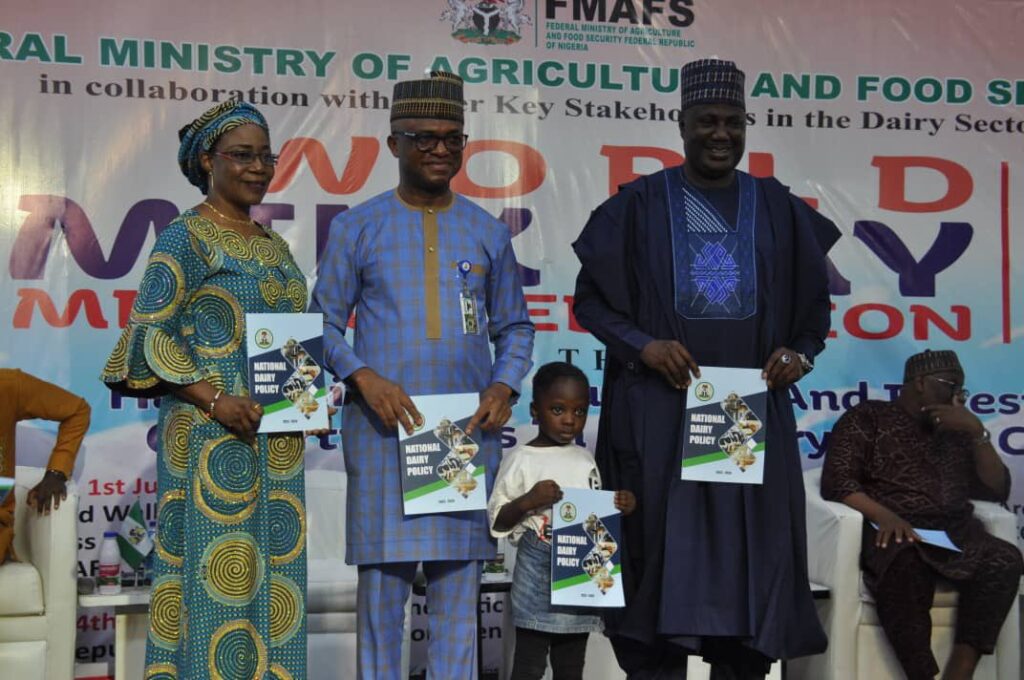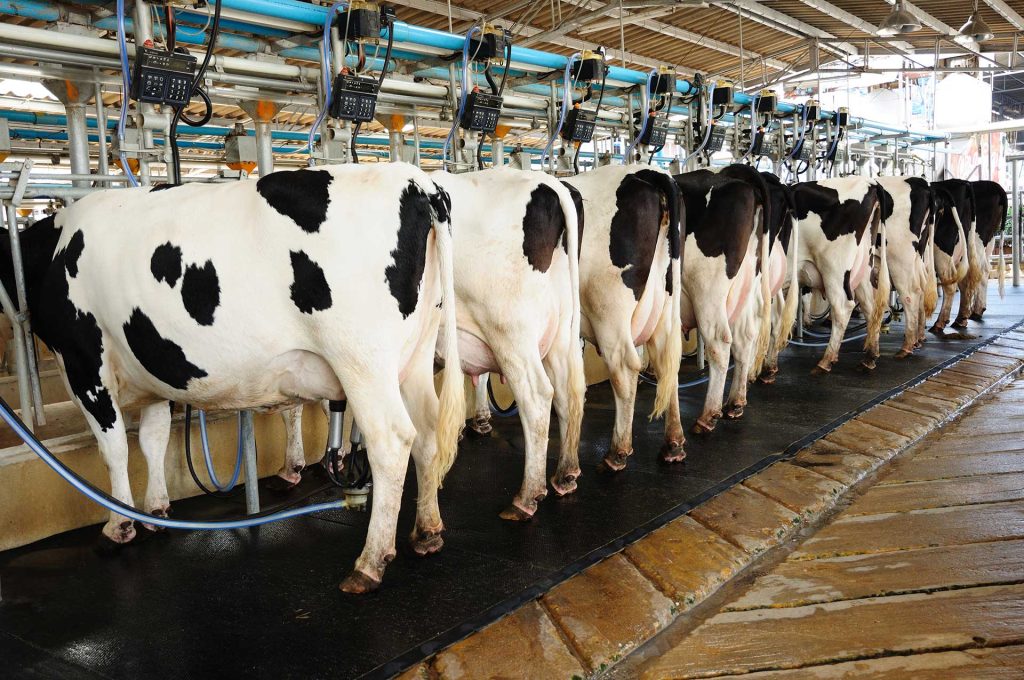The Federal Government has expressed the intention of the country to play a key role in global milk supply. The plan is to cut down the $1.5 billion annual milk import and meet the country’s domestic demand of 1.5 million tonnes, which is about 1.5 billion litres, annually. Currently, Nigeria produces approximately 700,000 metric tonnes of milk annually, when compared to 1.6 million metric tonnes consumed, and spending over $1.5 billion each year on imports to make up the remaining 60%.
At the 2025 World Milk Day celebration in Abuja, the Minister of Livestock Development, Idi Maiha, said this imbalance needed to be addressed strategically within the next five years. “Nigeria is not just trying to catch up with global dairy trends, we are positioning ourselves to lead. Our goal is ambitious, but achievable – to double Nigeria’s milk production from 700,000 metric tonnes to 1.4 million metric tonnes annually in the next five years. With over 20.9 million cattle, 60 million sheep and 1.4 million goats already in Nigeria, we are not starting from zero, we are building from strength”, the minister said.

“Let me be clear, this is not just about cows. It is about people. It is about jobs, businesses and economic dignity. It is about a child who needs calcium for stronger bones. It is about a young entrepreneur trying to start a yoghurt brand. It is about the trader, the vet, the nutritionist, our foreign reserves, and most importantly, it is about nation building”, the minister added. The minister further called on Nigerian youths to deploy their technological and innovative ingenuity to drive the sector. “To the Nigerian youth – our coders, agripreneurs, innovators and content creators – this is your invitation. Whether it is drone-assisted pasture monitoring or mobile vet services, your innovations can drive this sector forward. We need apps for traceability. We need start-ups for cold-chain logistics”, he stated. Some Nigerian dairy farmers, Shehu Ahmed and Josephine Bitrus have described the move as commendable, but want immediate action for stakeholders to key into the programme.



